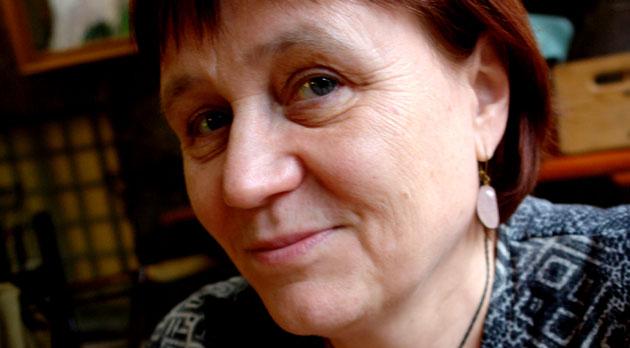Czech ombud candidate Šabatová: I will improve work with the public administration

News server Romea.cz presents the translation in full of the speech given by Anna Šabatová, candidate for the post of the Public Defender of Rights, to the Czech lower house today:
Dear Madame Chair, Dear Members of Parliament,
The Public Defender of Rights is entering the 14th year of its existence. Those who remember its inception will certainly recall that it was not initially welcomed as an institution.
It took 10 years and cost a great deal of effort to fight for including such an institution in the Czech legal order. That made it all the more important how such an innovation would establish itself in the public arena, and what the citizens for whom it was created would say about it.
That was an enormous task for the first Public Defender of Rights, Otakar Motejl, with whom I had the honor of working for six years as his deputy. From our very first steps, we constructed the institution as one that is benign, open, and user-friendly for anyone who feels he or she has been harmed by the behavior of the authorities, including in cases where no misconduct is ultimately found, or cases where the purview of the Public Defender of Rights is not exactly specified.
Everyone who complains to the office has always received an explanation as to why the events they complain of have transpired, as well as advice on how to proceed further. Gradually, step by step, the Public Defender of Rights has won the respect of society.
Public trust is a rare commodity, one we have seen little of in this country in recent years. The Public Defender of Rights, however, has long remained one of this country’s most-trusted institutions.
I am convinced that the potential possibilities of the Public Defender of Rights have not yet been exhausted. By investigating thousands and thousands of complaints filed by individual citizens annually, the Public Defender of Rights can analyze and summarize what the painful areas in our society are – and naturally can do this far better than any other institution.
If the Public Defender of Rights also knows how to communicate, then the office helps to cultivate the state administration "on the march", so to speak. I see this as one of its main tasks.
However, that is not all. Since 1999, when the Law on the Public Defender of Rights was adopted, the character of the institution has gradually been transformed by the decisions of legislators, i.e., by your decisions.
The Public Defender of Rights has also been turning into an important human rights institution. So far this has resulted in three significant changes to its role.
A 2005 amendment made the Public Defender of Rights also a defender against ill-treatment in all places where people are deprived of their personal liberty, either by court order or because they are dependent on care. Since 2009 the Public Defender of Rights has been active in matters of the right to equal treatment and protection against discrimination, and in 2011 legislators again decided to assign the Public Defender of Rights another responsibility: The office must oversee all deportations of foreign nationals as well as their detention.
It is evident that the ombudsman is entrusted with very important tasks. Each and every one of us might some day become a user of some sort of residential service, might end up in a treatment facility for the chronically ill or in a social care institution, or (and this I don’t wish on anyone) might end up in prison.
I have reflected on what sort of message Pavel Varvařovský was sending us when he resigned from the post of ombudsman. What lingered in the air after his departure was his disillusionment over the fact that politicians in general paid little attention to him, and that many of his high-quality proposals and much of his good advice went unheeded.
Dear Members of Parliament, if you honor me with your trust and elect me the Public Defender of Rights, I will do everything I can to intensify the cooperation between the public administration and the ombudsman to the satisfaction of both parties. I have both the practical and the theoretical prerequisites to meet this obligation – six years of experience in performing the role of Deputy Ombudsman, lifelong experience in defending human rights, international experience, and enough energy, enough of a firm belief, and enough persistence to make sure that good works will prevail.
Thank you for your attention,
Anna Šabatová